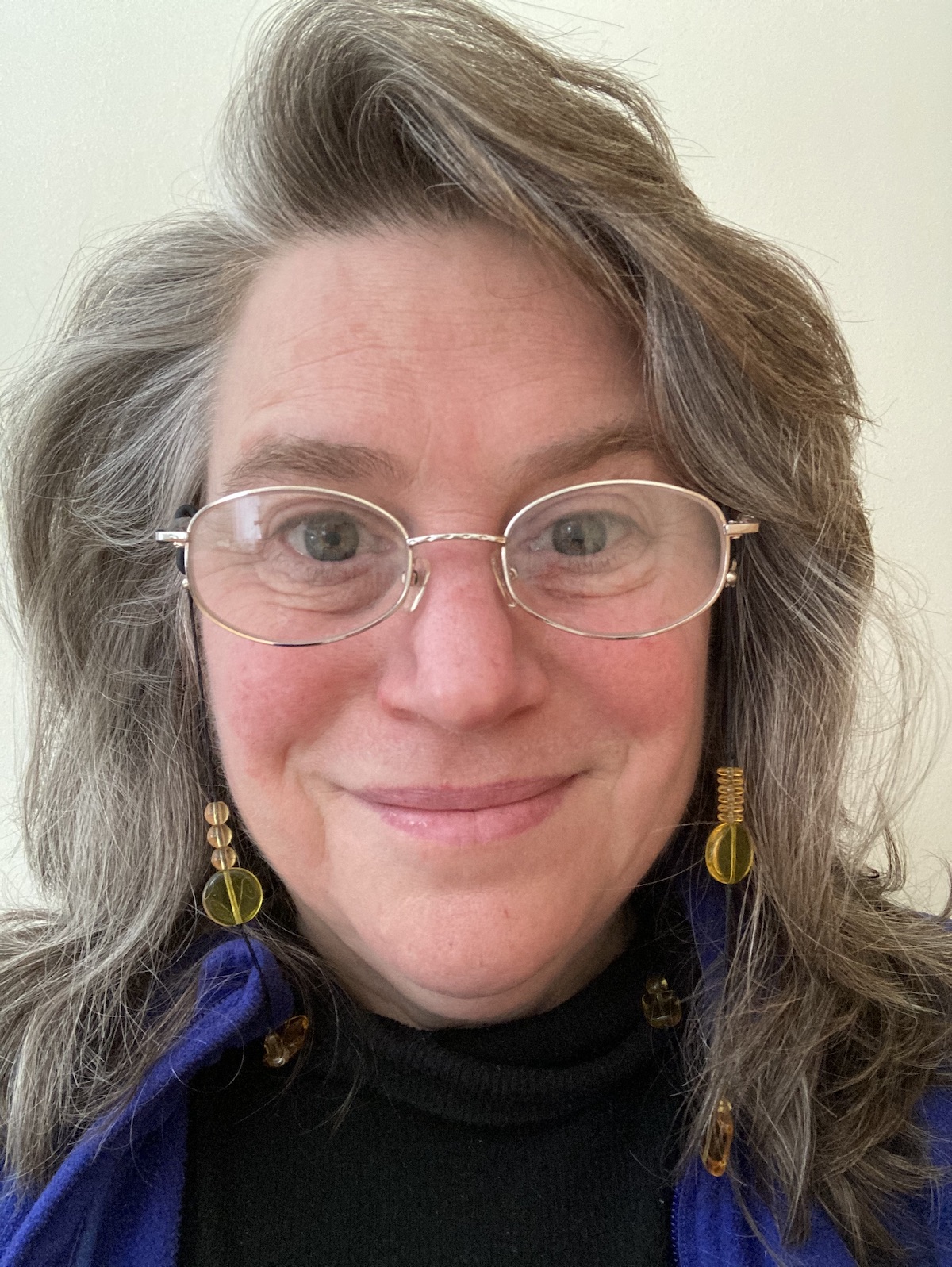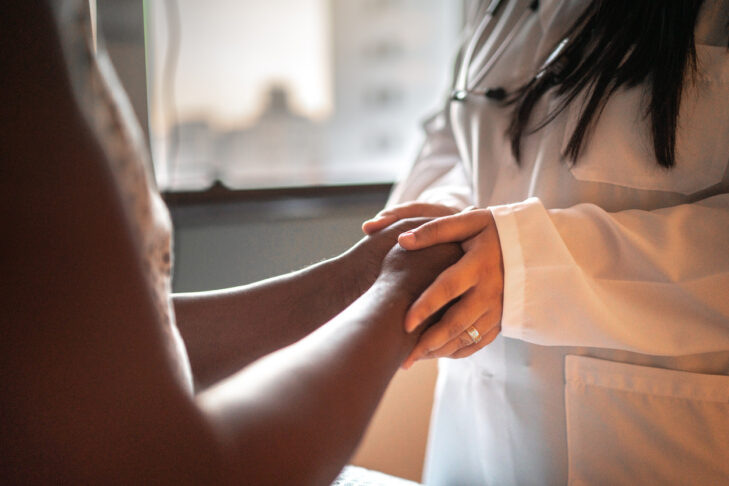A significant part of disability activist Rivka Solomon’s challenge has been the misrepresentation of her disability. Solomon has myalgic encephalomyelitis/chronic fatigue syndrome (ME/CFS), a complex illness that often leaves her bedridden for long periods. She has spent a lifetime explaining that describing her illness as “chronic fatigue syndrome” is a misnomer. She blames governmental policies and politics in downplaying the severity of symptoms by injecting the word “fatigue” into the discussion. Solomon noted that she and her fellow sufferers experience far more than fatigue, leading her to add “educator” to her resume.
Solomon’s persistence and dedication yielded a victory when myalgic encephalomyelitis was added as the lead descriptor of Solomon’s illness—an illness that began for her three decades ago after a severe bout of mononucleosis at 21. Her condition progressed to Epstein-Barr syndrome, yet it took years to receive an accurate diagnosis.

Solomon, who is based in Western Massachusetts, is writing a book about her life, including the years she has spent attempting to alter the public’s perception of the chronically ill. The book, she said, “is focused not just on me as a person with a disability, but me as a person with a disability who has spent decades trying to change things.”
Solomon recently began tracking a new development in the ME/CFS world: People who are suffering from long COVID-19 are receiving ME/CFS diagnoses. Solomon is now working to bring together the long COVID-19 and ME/CFS communities. There is strength in numbers, and she anticipates that the two groups will come together in May for an event called “Millions Missing.” Solomon explained, “People are missing from their own lives because they’re sick and unable to integrate with society, unable to be part of their families, unable to have in-person friendships, unable to work. They’re actually missing.”
Solomon recently spoke to JewishBoston for Jewish Disability Awareness, Acceptance and Inclusion Month (JDAIM) about her ongoing work to bring chronic illness to the forefront as a disability, and the challenges of organizing and advocating with a chronic illness.
How did you come to be a disability advocate?
I am the daughter of Boston-area social justice activists, and they focused their activism on the world of the women’s liberation movement of the ’60s and ’70s, social justice around race, LGBTQ rights, even children’s rights, and, of course, women’s rights. I grew up as the daughter of activists, so it was a natural progression for me to do this kind of work. It was part of the air I breathed, and tikkun olam was very much the world I grew up in. I was raised secular, but we were very Jewish.
What sort of activism have you participated in and organized?
I’ve done everything from organizing demonstrations on the street to working with Sen. Ed Markey on Capitol Hill. He’s become a Capitol Hill champion for ME/CFS. And I’ve organized panels where I have patients, researchers and clinicians speak, and I’ve initiated letter-writing campaigns. I’m a writer, so I’ve also written essays about activism and advocacy.
What does Jewish Disability Awareness, Acceptance and Inclusion Month mean to you? How does it enable you to raise awareness for the chronically ill?
I’ll give you an example. Last year [for JDAIM], my rabbi and I organized a panel with other disability rights activists and people with disabilities at my synagogue. It was a wonderful program. People talked about their disabilities, and over 80 people came. People shared stories about living with their disabilities and what it means to be a Jew with a disability. One of the people who saw the video of the event was the acting executive director of the Synagogue Council of Massachusetts, Gretchen Brandt Marks. She invited me to do a program for the Council.
What do you hope people will take away from JDAIM?
I think synagogues can be at the vanguard of the disability justice movement. Disability justice is very significant and goes together with disability rights. If synagogues can push it forward, people from all walks of life who are members of synagogues will take the message further. If we can raise awareness about disability rights, disability inclusion and disability justice in synagogues, it will disseminate more broadly throughout society, which is exciting.
Ironically, a silver lining in this pandemic for me has been returning to synagogue through Zoom. Zoom has enabled me to find allies for my work in the synagogue. My congregation will likely return to a hybrid model so home-bound people—people who are elderly or may be chronically ill—can continue to participate in synagogue life via Zoom.
Would you like to share a final thought?
One in five people in this country has a disability, and we’re so diverse. We’re in every race, every gender, every class, we cut across all those cleavages, as they call it in political science. We have cognitive disabilities, we have physical disabilities and we have emotional and mental disabilities. And then there are people temporarily able-bodied, who will eventually get sick or become disabled later because that is part of the human experience.



